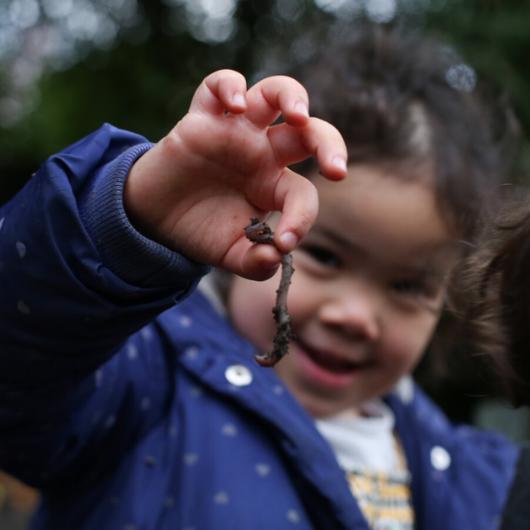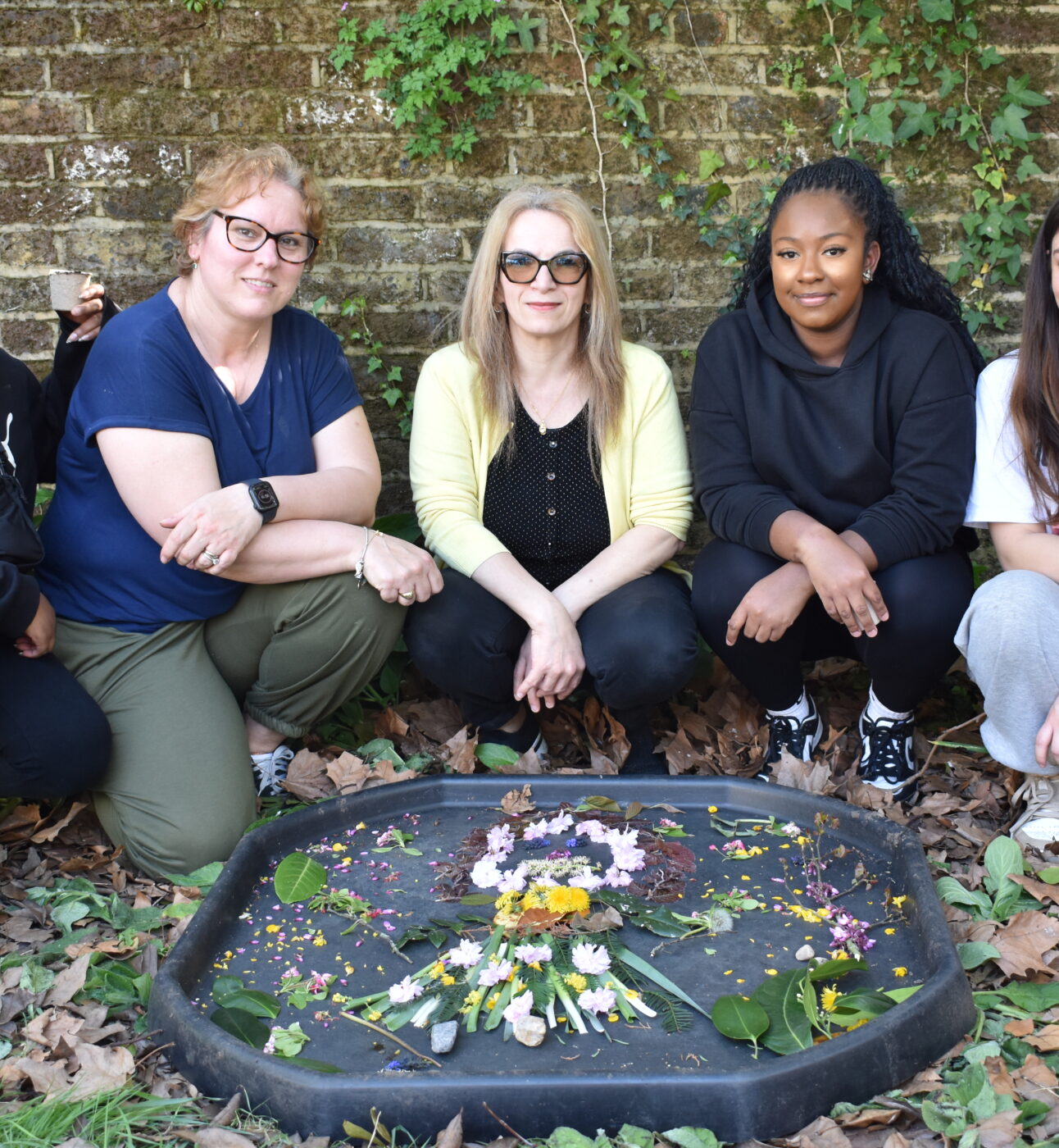According to organisational psychologist Adam Grant, the hallmark of a productive debate isn’t persuasion, but insight.
In a good argument, you’re as motivated to learn as to convince. That spirit of shared learning and deepened understanding is exactly what underpins our work in Early Years social enterprise – and what inspired the EYSEC (Early Years Social Enterprise Collective) to commission our first report, delivered by Jodie Reed at Isos Partnership.
This moment marks an important milestone in our journey as we shine a light on the role of social enterprise in reimagining childcare and tackling disadvantage.
We know social enterprises are more than businesses. They generate profit, yes, but they reinvest it in people, place and planet. They operate in the regenerative economy and they prioritise social outcomes above shareholder returns. In the Early Years sector, that means putting children’s rights, agency, and lived experiences front and centre. It means ensuring every business decision is made through a lens of social purpose.
Our focus is on replication—combining strong business foundations with a pedagogy for social justice. A childcare social enterprise must be guided by an interconnected and interdependent social justice pedagogy, led by a purposeful social leader. This is essential if we are to drive social justice and equity in a meaningful way. At its core, it’s about shaping lives and placing the child—their rights and their agency—at the centre. It’s about understanding what it feels like to be a child right now.
Every business decision must be made through a social purpose lens. Simply operating in a social space is not enough. Many well-meaning nurseries offer low fees or are located in disadvantaged areas, but without a relevant and intentional pedagogy, their practice may not be sufficiently embedded to address the structural barriers that impact educational quality and outcomes. These barriers—demographic, socioeconomic, and familial—can strongly predict children’s trajectories and must be directly tackled.
A pedagogy for social justice nurtures confidence, curiosity, fairness, and compassion. It is rooted in the realities of growing up in today’s complex world and is deeply concerned with relationships, empowerment, and care. It moves beyond traditional educational models to focus on the whole child—their family, culture, community, and lived experience. The goal is to support children in becoming thoughtful, compassionate, and active global citizens.
We also believe families are co-educators, bringing with them valuable funds of knowledge that connect the child, the nursery, and the wider community. Building strong home learning bridges and drawing on children’s home and community contexts is key to addressing educational disadvantage. This rights-based, empowering approach is deeply enriched by the multigenerational communities at the heart of social justice.
This is especially critical for settings working with disadvantaged children. Disadvantage may be individual, familial, or structural ranging from premature birth or learning needs to low income, poor housing, unsafe neighbourhoods with no green space, and limited access to quality nurseries, schools, or cultural activities. These intersecting layers of disadvantage can shape a child’s entire life trajectory. The UK currently faces one of the widest educational gaps in the developed world—and that gap is growing.
At LEYF and through the EYSEC – a group representing all five nations of the UK – we believe that social enterprise is one of the best ways to deliver sustainable, inclusive childcare that actively works to close the educational gap. But we also know we need systems-level support to thrive.
That support is beginning to materialise. In the government’s new strategy, Giving Every Child the Best Start in Life (published July 2025), social enterprise is referenced in key ways that could shape the future of childcare. The strategy signals a welcome shift away from a purely market-led model to one where government plays an active role in shaping a diverse, high-quality childcare system.
Social enterprises are explicitly invited into the design of new Best Start Local Plans. These plans aim to ensure sufficient, equitable provision by including a wide range of providers—private, charitable, and social enterprise. In areas where private-sector provision is limited or unviable, the government commits to working with VCSE providers to deliver Early Years support, particularly through Best Start Family Hubs. These plans offer a vital opportunity for organisations like LEYF and our Collective partners to influence how childcare is commissioned, funded, and delivered—especially in underserved communities.
This represents formal recognition of our role as market shapers—not just service providers. It validates the cross-subsidy models, the community-rooted pedagogy, and the deep commitment to equity and justice that social enterprises bring to the table.
To build on this momentum, we’ve laid out four clear actions in our latest report:
- Evidence the Impact: Recognise social enterprises in DfE surveys and commissioning data. Develop tools to measure our social value and understand our contribution to tackling disadvantage.
- Finance and Growth: Create access to affordable finance, innovative blended investments, and shared property funds. Use dormant assets and targeted grants. Support future social leaders with development and mentoring.
- Enable SE-Friendly Commissioning: Reform lease terms and embed social value in tendering. Encourage collective commissioning in line with the Procurement Act and Social Value Act.
- Support Transitions to Social Enterprise Models: Provide bridge funding and leadership training for PVIs ready to shift their model. Work with the Collective to ensure a smooth and supported transition.
This is not the end – it’s just the beginning. On Social Enterprise Day – 20th November, we will reconvene to keep the conversation going. But today, we start with one simple, powerful idea:
When we build childcare on the foundations of justice, equity, and sustainability, we don’t just improve lives – we transform futures.
Join us! Read the report. Be part of the movement and lookout for more information coming in September about membership of the Collective.


